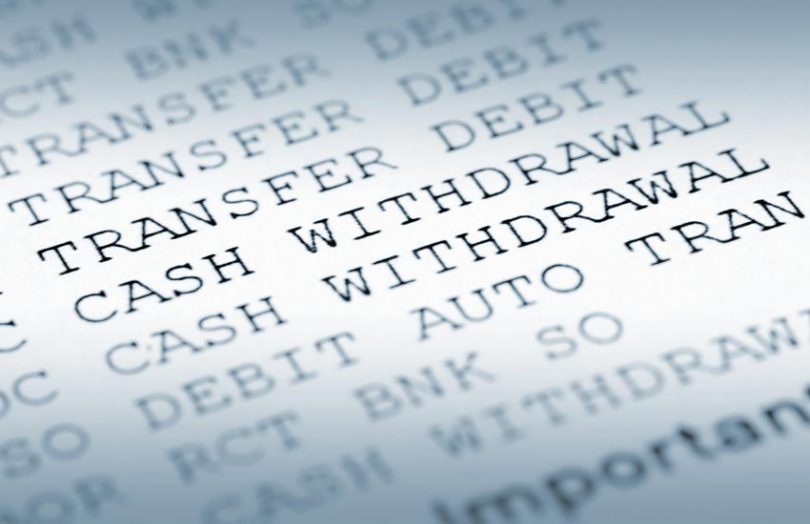Last week Argentine blockchain firm IOV Labs announced it had completed a blockchain proof of concept with the Central Bank of Argentina (BCRA) and a group that includes BBVA, ICBC, Banco Santander, the Bank of the Province of Córdoba, and stock exchange BYMA.
The project implemented with blockchain firm Grupo Sabra, deals with customer claims in connection with rejected direct debits. These are recurring bank payments similar to recurring ACH in the U.S. When a customer disputes the payment, it requires communication between banks to deal with the claim, and hence blockchain is being used as a messaging system.
The aim is to provide a simpler and more efficient alternative to current compensation systems and provide traceability about how each claim was handled.
This is not dissimilar to JP Morgan’s IIN, a blockchain-based messaging system that deals with interbank compliance and anti-money laundering (AML) queries for payments, particularly cross border payments.
“Given the circumstances that the world is facing, more than ever it is necessary to be able to use technology to optimize processes and provide better service to citizens,” said Diego Gutiérrez Zaldívar, CEO IOV Labs.
One of the aims of the Argentinian project is to prove the solution is commercially viable, and to that end, it is currently being tested by banks, particularly for integration. After that, it will be decided whether to invite additional banks or add other use cases.
IOV Labs was formerly RIF Labs and develops solutions based on RSK, a smart contract platform designed to work with Bitcoin, although this solution is permissioned. RIFOS aims to add functionality such as storage, communication and gateways.
Last month Grupo Sabra and IOV Labs announced they deployed a solution for gas distribution with the main Argentine distributor Gasnor.
Another blockchain project in the country includes an identity platform being developed by NEC.
But Argentina has encountered more than its fair share of blockchain mishaps. A month ago, the blockchain-based Official Gazette was hacked and false information was published relating to Coronavirus instructions. It was unclear exactly what was hacked, whether it was someone’s credentials that were stolen, an insecure website, or the blockchain itself.
And two months ago, the country’s blockchain-based company registration platform was suspended for six months. The solution enabled entrepreneurs to set up companies digitally within 24 hours. The General Inspectorate of Justice said it wanted more control over which companies are registered. A small business association objected to the suspension of the project, which was announced back in 2017 by the previous government.






